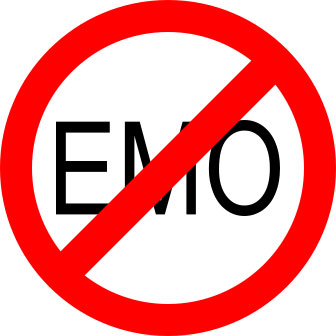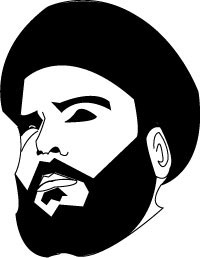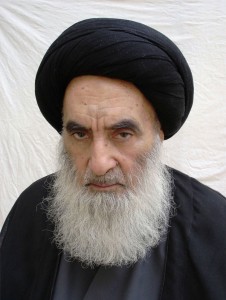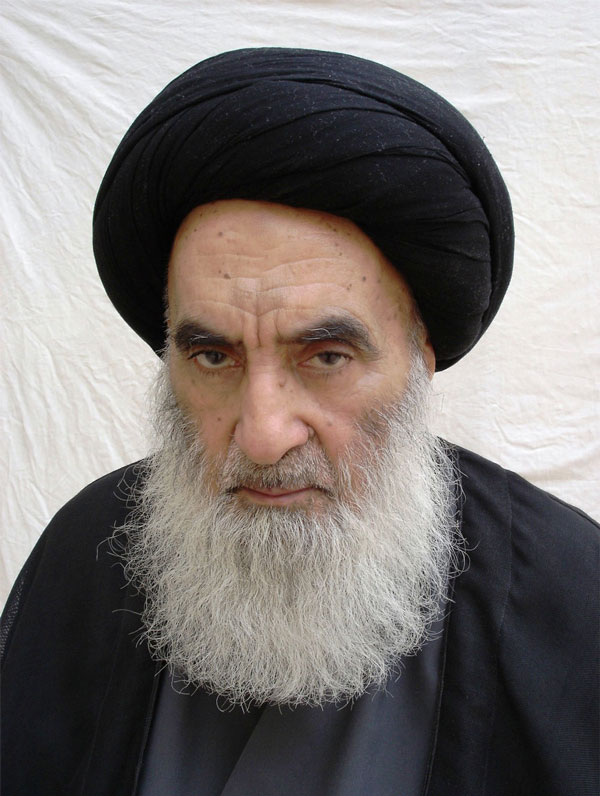Between 56 and 100 teenagers from Iraq have been systematically murdered because of their ’emo’ appearence.
The youngsters were stoned to death by Iraq’s Moral Police at the behest of the Minstry of Education. A statement from the moral police said:
“The ‘Emo phenomenon’ or devil worshiping is being followed by the Moral Police who have the approval to eliminate as soon as possible since it’s detrimentally affecting the society and becoming a danger.”

Moral policing, a concept originating in Saudi Arabia, is the upholding of Islamic traditions and Shariah law by restricting the social and cultural permissions of their nation.
In Iraqi culture, the term ’emo’ has connotations of homosexuality which remains a taboo subject in much of the Islamic world and is forbidden by the Qur’an. Some commentators have also indicated ongoing fears of the Westernisation of Iraqi youth. Emo began as a musical sub-genre of hardcore punk in Washington DC, circa 1985, in part a reaction to the violence in the punk music scene. It has since been co-opted and marketed as a mainstream fashion trend.
Pink News has also reported that individuals in the LGBT (lesbian, gay, bisexual and transgender) community have been victims of fatal attacks. This is but the latest violent crackdown on freedom of sexuality in the Middle East. In 2010 British journalist Paul Canning described the situation in Iraq as a gay pogrom. In 2009 the Guardian revealed that extremists identify homosexuals using the internet, and in 2006 it was reported that Shia militias were killing gay Iraqis.
A university student from Baghdad, named only as O, is quoted by Pink News as saying: ‘There is no religion that would dictate the killing of those who look different. Even if we credit the ridiculous assumption that emos might be worshiping Satan, the Qur’an says “you have your religion and I have mine”.’
AFP reported that a Shia militia calling themselves ‘Brigades of Anger’ circulated a list of names of young people who would be “punished” if they refused to conform. Question marks remain over seven reported suicides of ’emo’ youngsters in Baghdad.
The militias are reported to have made public a list of names of targets, allowing them four days to adopt their appearance and attitude before violent repercussions would be taken. Street corners and cafes were plastered with posters detailing the threats.
Bissam, an Iraqi blogger living in diaspora, had this to say: “Any one is not shiia is not protected. Anyone who doesn’t belong to a shiia party is not protected. If you are not one them then you are against them and if you are different then you are their enemy.”

The Moral Police have been permitted to enter schools in order to identify and punish ’emos’. A teenager who managed to escape told of the violence. “First they throw concrete blocks at the boy’s arms, then at his legs, then the final blow is to his head”, he said. “If he is not dead by then, they start all over again.”
News network Al Aribya collated the views of prominent Iraqi figures, eliciting a divided response: Muqtada al-Sadr branded emos “fools”, adding that “experts must finish them.” al-Sadr is a Shia Muslim with a history of vocalising his disdain for U.S. involvement in Iraq, the BBC describing him as “a symbol of resistance to foreign occupation.”
Conversely, Shiite sheikh Ayatollah Ali al-Sistani described the killings as “terrorism.” Renowned and respected by the majority Shiite Iraqi population, al-Sistani’s political viewpoint rejects the ideal of a theocratically dictated Iraqi constitution in favour of a secular state.

There are precedents for Islamic states and regions victimising those associated with youth counter culture. In December last year there was outrage at the treatment of young punks in Banda Aceh, Indonesia. Police “re-educated” the teenagers, confiscating their clothes, shaving their heads and subjecting some to beatings or water torture.
Like the situation in Iraq, the persecutions were motivated by the perception that alternative culture was detrimental and oppositional to the teachings of Islam and the obeyance of Shariah law.
Main Image: Anti-emo sentiment in the U.S. Photo via Wikimedia commons.
[poll id=”21″]







